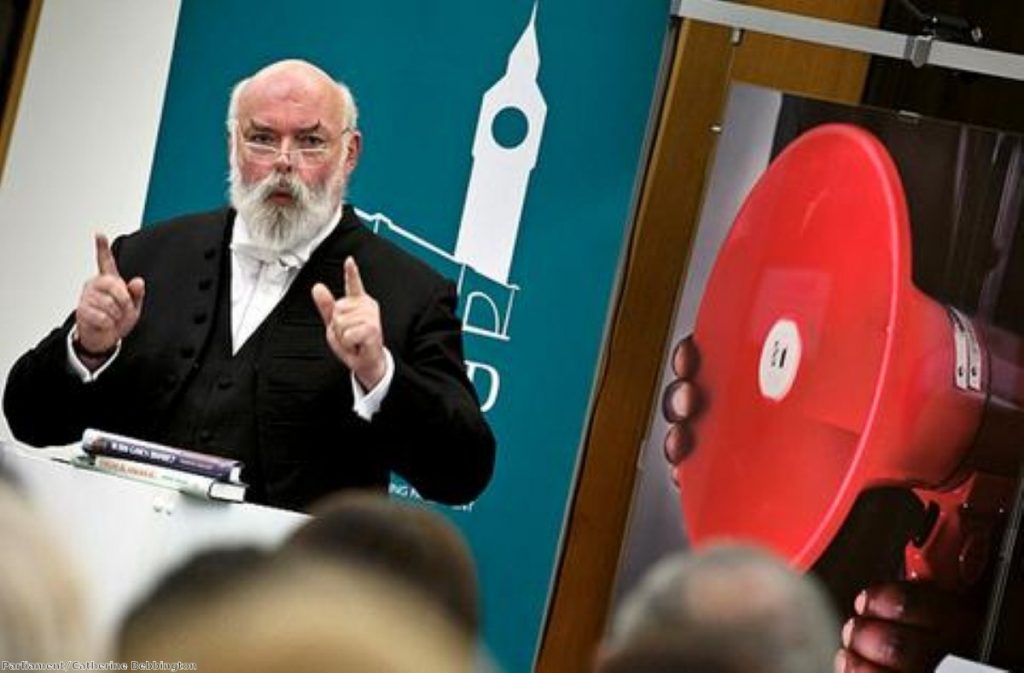Commons clerk breaks silence over abandoned reform
The Commons' leading civil servant has sent a clear signal he backs abortive plans to give more power to backbench MPs, in an unusual break from his silence on the issue.
Robert Rogers' politically neutral role as clerk of the Commons inhibits his ability to speak out on issues where the political parties disagree.
But he has broken his silence to make clear he believes there are advantages to the coalition's plans for a House business committee – which Politics.co.uk understands have been abandoned altogether for this parliament.
David Cameron and Nick Clegg pledged to set up a committee of MPs scrutinising government business in the Commons in the 2010 coalition agreement.


Leader of the House Andrew Lansley confirmed earlier this year their promise of doing so by the third year of this parliament would not be met.
Government sources in the Commons have indicated the idea is now not expected to be introduced before the 2015 general election at all – prompting frustration from those who believe the Commons urgently needs such a reform.
"A House business committee could have a profound effect on the way that the House organises its business, and it would make the process much more transparent to the outside world," Rogers said.
"But there is some disagreement about merits and methods, which slightly inhibits me from commenting publicly. And there are several different models… It may be that these need to be understood more widely."
After the expenses scandal the model proposed by the Wright committee suggested the formation of a backbench business committee which would organise debates on topics chosen by MPs outside of government time.
It then suggested the backbench business committee join with government representatives and the opposition to establish a House business committee. This would produce a draft agenda for the week ahead, which would be put forward for the Commons' approval in a motion each week.
Ministers have yet to be convinced such a reform would not make it much harder for the government of the day to push its legislative agenda through the Commons.
"There is quite a contentious argument going on," Rogers added, as he made clear he could not publicly advocate one position or another.
He insisted: "I can see there are circles that need to be squared. The state things are in I'm not going to jump one way or the other."
His comments about the benefits of a House business committee will not go unnoticed in government circles, however.
Rogers said parliament had already registered significant achievements since the expenses scandal, with the election of select committee chairs and members and the introduction of a public reading stage.
He also called on MPs to "turbo-charge" the petitioning process – perhaps by imitating the petitions committee used in Holyrood to assess which issues being raised by the public get debated.

